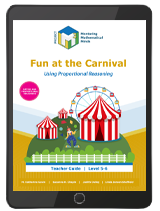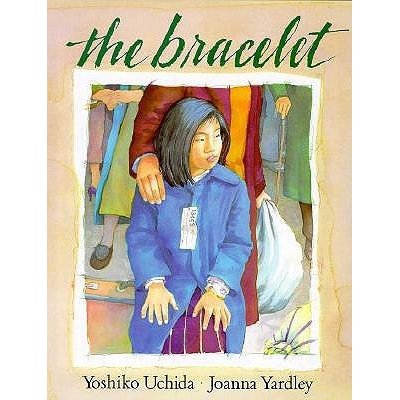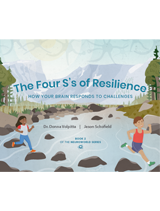Search Listing Name
product:
A World of Wild, Wacky, Wonderful Words Teacher Guide 1 Year License with Student Guide Word Doc file for 15 Students
This unit is designed to engage primary students with high abilities in the verbal domain in challenging reading, writing, and interpretation skills in the language arts. It reflects talented young learners’ need for greater exposure to higher-level thinking activities sooner in their school years than other students. The unit specifically focuses on literature that uses extensive figurative language in order to support young children’s development of metaphoric competence in the areas of both comprehension and
product:
The Secret of the Sea
During the summer of her thirteenth birthday, Arie McGinnis discovers three things that change her world and the way she sees herself; her long-missing mom isn't human; Dad has a girlfriend and wants to move to Indiana, taking Arie away from the ocean, her friends, and everything she loves; and childhood friend, Billy Hernandez, wants to be more than friends. Angry at her parents' deception and confused by her changing emotions for Billy, Arie must make a difficult choice: embrace her non-human side and live wi
product:
OpenSciEd Unit 7.3: Metabolic Reactions Spanish Student Edition
OpenSciEd Middle School science program addresses all middle school NGSS standards. This comprehensive science curriculum empowers students to question, design, investigate, and solve the world around them.
- Phenomenon Based - Centered around exploring phenomena or solving problems
- Driven by Student Questions - Storyline based on students’ questions and ideas
- Grounded in Evidence - Incremental building and revision of ideas based on evidence
- Collaborative - class and teacher figure
product:
Project M2 Level 1 Unit 1: Exploring Shape Games: Geometry with Imi and Zani Teacher Guide Package
The Teacher Guide Package includes the Teacher Guide, the 3-Year Teacher Guide eBook License, the Scrapbook, and the Center Book (Level K Only).
Teacher Guide + 3 Year License – It provides lesson planning support in the form of materials lists and unit overviews as well as background information on the geometry, measurement, or number concept being introduced. Mathematical communication, di

product:
Project M3: Level 5-6: Fun at the Carnival: Using Proportional Reasoning Teacher 3 Year License
In this unit, students are introduced to ratios, rates, proportional reasoning, similarity and congruence. Students explore ratio as a comparison of two quantities. They discover that if the ratio between the corresponding side lengths and angle measures of two figures is 1:1 (i.e., the measures are identical), then the geometric figures are congruent. They learn that for two figures to be similar, their corresponding side lengths must be in proportion and their corresponding angles must be congruent. Students also explore the relationship between congruence and similarity, learning that al


